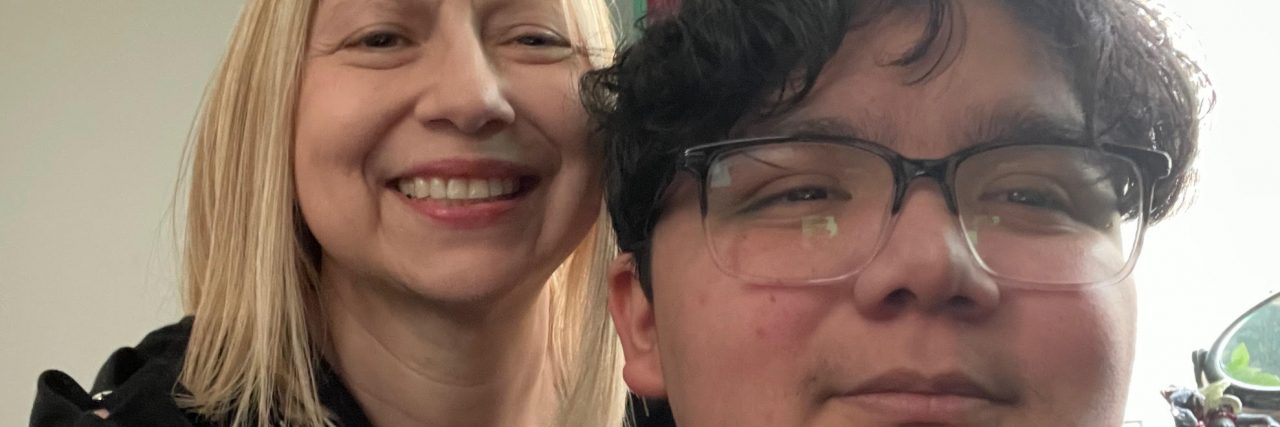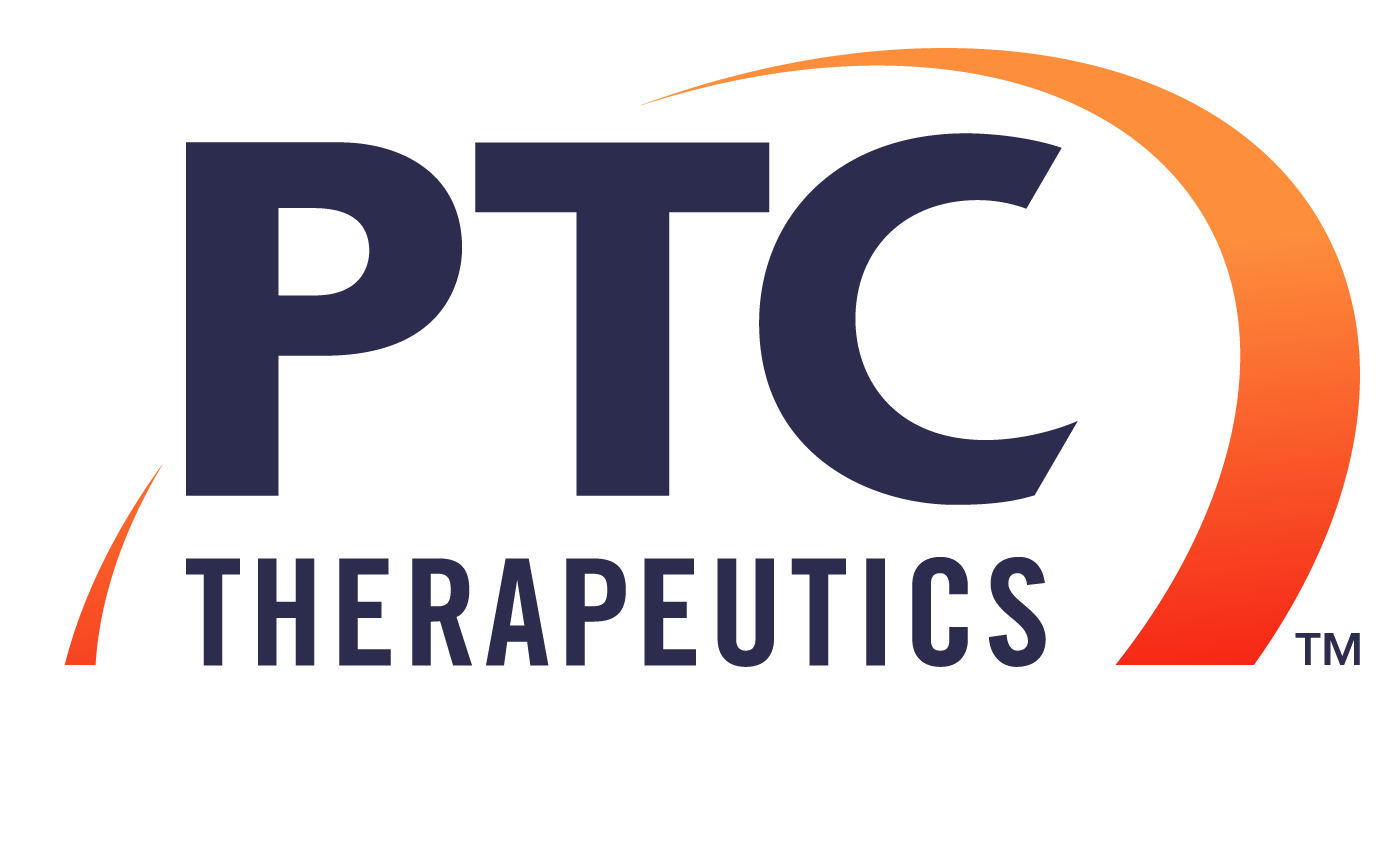Dear parents of children with DMD,
As a teen with Duchenne muscular dystrophy (DMD), I often get asked, “What happened to you?” People see my wheelchair and usually assume I got into an accident.
I have to tell them nothing happened to me and that I have a muscle wasting disease. This means that over time, my muscles are getting weaker, and I might have a harder time doing the things I used to do. For example, one year I might be able to walk for 10 or 20 minutes, but the next I can only walk for five. The biggest thing I’ve learned is that this disease doesn’t define me, and I’m still able to do so many of the things I want to do.
When I was younger, people just assumed I was a lazy kid. I fell over a lot, I didn’t run around or play sports, and I was tired all the time. One time when I was little, my mom brought me to her workplace and someone jokingly asked if I “worked out” because my calves were so big. Later, she realized that having enlarged calves and falling down were all early signs of DMD, but we didn’t know that at the time. Doctors told my mom I was probably just delayed in my physical development, and that some kids took longer to walk than others. Finally, at 5 years old, I was given the diagnosis of DMD.
I didn’t really understand what my disease was until I was a little older. I just knew I went to the doctor’s office more than other kids. When I was ready, my mom told me more about my disease, how it would affect me, and why I had to take medication. DMD affects every person differently, and every time I go to the doctor they tell me I’m doing really well for my age. I get hopeful when I hear news about a clinical trial I can participate in, and my mom says there’s already been advancements, like the corticosteroids I take that help strengthen my muscles.
Throughout my whole life, my mom has been nothing but supportive — even when I’m complaining or feeling negative about my disease. Every morning, she gets me out of my chair, gets me into the car, and drives me to school. At home, she makes sure I have everything I need, like a nice wheelchair, ramps, and equipment.
I don’t just need help with the physical stuff, though — this disease has affected my mental health too. I’ve struggled with social anxiety because I get afraid of what people will say. Sometimes it’s been hard to make friends. I don’t talk to everyone at my school but have a great, small group of friends now. I’ll get sad when I think about living with this disease for the rest of my life, and sometimes wonder, “Why me?” It can feel overwhelming to think about all the things I have to do that other teenagers don’t have to worry about. For a while I didn’t talk to my parents about how I was feeling, but I did open up to some of my friends at school. When I finally did let my parents know how much I was struggling, they got me help by making an appointment with a therapist. In my opinion, anyone who has any kind of issue should talk to a therapist. While it’s good to talk to your friends and family about how you feel, they don’t always know what to say. My therapist is a great person to talk to and gives helpful advice about what I’m going through.
If you’re a parent with a child living with DMD, I want you to know the support you give matters too. Even though I’m the one living through it, I know DMD affects my whole family and that we have to navigate the good and bad days together. When it’s hard to live in the moment and I can’t stop worrying about my future, my parents remind me to focus on the good stuff happening in the present. Our lives are very busy, so that sometimes helps me stay present. I also like playing video games when I’m having a bad day, and it can be fun when we get to travel for clinical trials. We try to make it feel like a family vacation.
It’s also important for parents to know the practical stuff too: like how to plan ahead when you want to travel or go to a restaurant, the fact that treatment for people with DMD can be different in a emergency setting, and some of the early signs to look out for, like enlarged calves and constantly falling. These are all things my mom wishes someone had told her sooner.
There are also groups out there where you can connect with other families. Every time we go on an outing with other people living with DMD, we learn something new, and it makes us feel less alone. Talking with these families also reminds us of all the things people with DMD can do, like go to college or even have children. This disease affects everyone differently, and it gives me hope to see other people living with DMD.
One last thing to remember is to give your child with DMD experiences growing up that are similar to others their age. Instead of focusing on all the things your child may have difficulty doing, try to focus on what they can do. And in the whirl of doctor’s appointments and treatments, don’t forget to ask them about their mental health. Even when things are going well, the reality of my condition can be scary, and it’s nice to know I’m getting supported emotionally too.
I know I have a disease that’s going to affect me for the rest of my life, but I also know my life will be defined by so much more. To parents of children with DMD, remember your child is so much more than their diagnosis.
This story has been shared on behalf of Miguel and his mother, Sandra.
© 2022 PTC Therapeutics, Inc. All Rights Reserved.
US-DMD-0286 06/22


